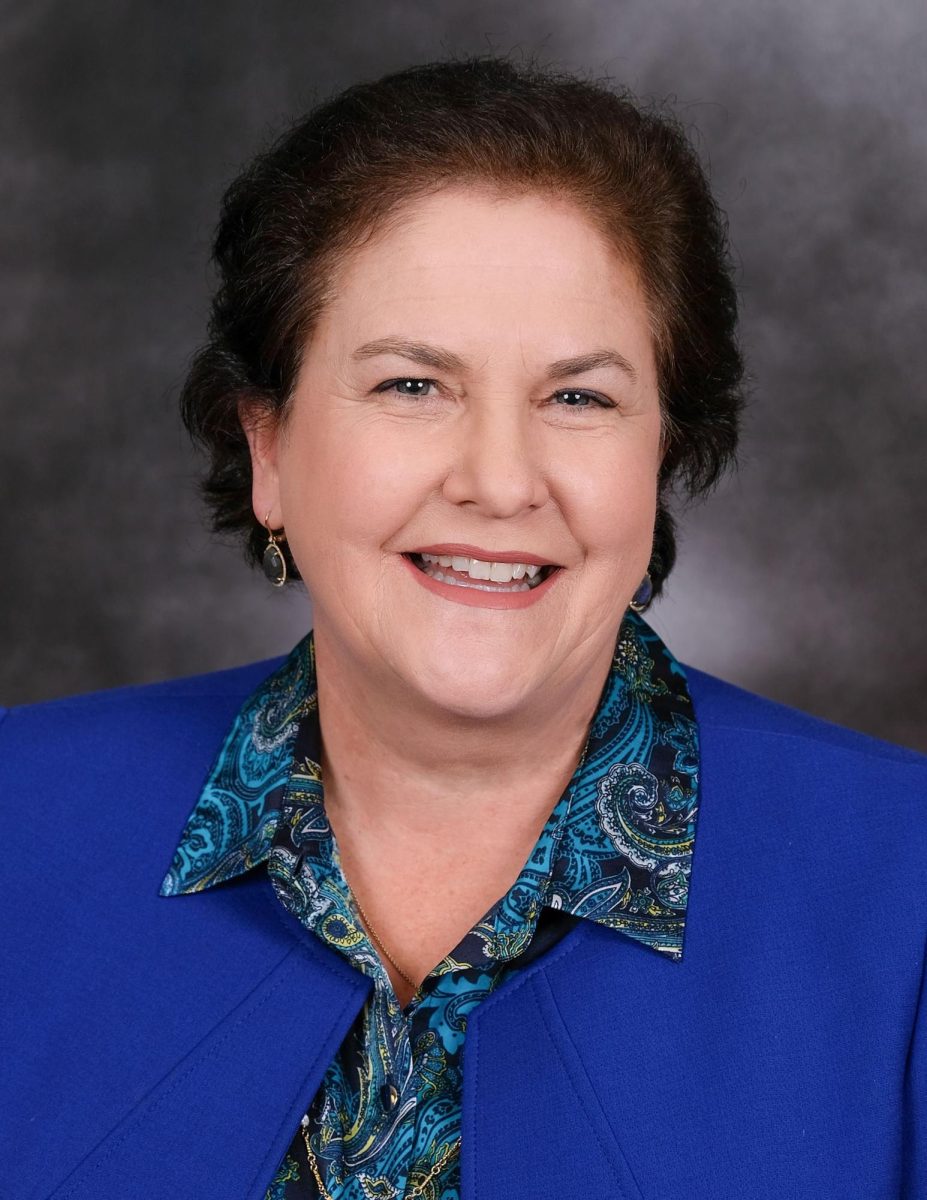Hace clic aquí para lee en español
With his voice shaking and heart pounding, Alex Dubin introduced himself to his client in the waiting area of the Immigration Department of Catholic Charities before leading her to one of the decorated interview rooms to conduct his first client meeting in Spanish. He sat on one side of the table and she sat on the other. She spoke to him for an hour and a half, Ctelling her life story, and as he listened and asked follow-up questions, his voice steadied and his heart slowed.
Dubin, a 2015 Redwood graduate, applied his love of the Spanish language this summer by volunteering in the immigration services departments of two nonprofit organizations.
From mid-May through early August, Dubin worked at the Canal Alliance in San Rafael, an organization that provides services for low-income, Spanish-speaking immigrants, as well as at Catholic Charities in San Francisco, which offers assistance for growth and development, according to its website.

At Catholic Charities, Dubin had two clients, a 17-year-old girl from Peru and a 34-year-old woman from El Salvador, both of whom suffered from violence and are currently seeking asylum in the United States. Dubin said that talking to his clients was an incredible way to improve his Spanish-speaking skills and also broaden his perspective of the world.
“Talking to both of those clients really made me understand life in a different way. I think most people in the world are just trying to survive,” Dubin said.
At Catholic Charities, Dubin talked with his two clients in Spanish for hours on end, learning about their lives, focusing on traumatic experiences and gathering information in order to write their declarations for asylum.
“People come here out of necessity. They’re fleeing violence, they’re fleeing extreme poverty. The governments are unable to help a lot of people,” Dubin said, describing why some people, like his clients, come to the United States after having suffered extreme persecution. “Nobody wants to leave their home, but a lot of immigrants come here to save themselves.”
Despite receiving training on all asylum matters and a history on asylum cases at Catholic Charities, Dubin said that working with his two clients was intense, impactful work.
“It’s emotionally heavy. These are absolutely true stories and they’re terrible,” Dubin said.
He emphasized the immense hardships and difficult situations his clients faced in their home countries, even when they appealed to the authorities.

Dubin said that although he heard horror story after horror story during his meetings, the most rewarding part of his work was knowing that he was helping his clients.
“At the end of those two hours I would be like ‘Oh my God.’ But then I would walk out and be like ‘Okay, look, I’m helping this person.’ Even if I’m a 19-year-old kid who doesn’t know what they’re doing, if it’s the best help they can get, then I’m doing something and that was an incredible [feeling],” Dubin said. “Every time I would leave after I finished meeting with a client, I would be like, ‘That was bad,’ and then I would realize what I’m doing and why they need help and that was the best part.”
Dubin returned to the Canal Alliance this summer after previously having worked there his senior year in high school and the following summer as a teacher’s assistant for adult ESL (English as a Second Language) classes.

“After I leave the ESL classes, it’s the best I ever feel. There’s something about that, like [these people want to learn] English and I’m helping them do that and they are so appreciative of it,” Dubin said.
At the organization this summer, Dubin worked for six hours on Tuesdays and Thursdays, using his Spanish skills to translate birth certificates and basic declarations, make phone calls to clients in Spanish, copy documents, assemble U-Visas (a visa for victims of crimes) and input information into the client database.
Dubin, who is currently a student at Tulane University and is planning to double-major in Latin American Studies and Spanish, began learning the language in seventh grade.
His interest in immigration started developing in eighth grade due to the stories he heard from his immigrant friends. He continued taking Spanish classes throughout high school, including AP Spanish Language and Culture and AP Spanish Literature and Culture.
“He always had a lot of passion, a lot of interest in Spanish. He always, always, always talked to me in Spanish,” said Debbie McCrea, who taught both AP Spanish classes when Dubin was a student and is the head of the World Languages department. “He also had a lot of interest in getting to know hispanics.”
McCrea described Dubin as a leader and poster child for the department.
“He had a lot of hispanic friends in school and tried to understand them. He helped various students at Redwood that arrived from other countries. In class, he was very enthusiastic. In [AP Spanish Literature and Culture], the majority of students are Spanish-speaking and he was very content and very interested in the class,” McCrea said.
Due to his eagerness to speak Spanish, Dubin supplemented his academic studies by seizing every opportunity to converse with people in Spanish and immerse himself in the language.
“You need to be speaking Spanish outside of the classroom if you want to make any progress, and so I was always speaking with my Latino friends and anyone that could speak Spanish,” Dubin said.
In addition, Dubin spent three weeks in Costa Rica as a rising sophomore and a month there as a rising senior. Traveling abroad benefited his language skills, although he believes he would have lost the progress he made during those trips if he hadn’t continued speaking Spanish when he returned home.
“Nothing makes me happier than speaking Spanish, to be honest. [Speaking Spanish with other people] is really how my Spanish got to where it is today,” Dubin said.






